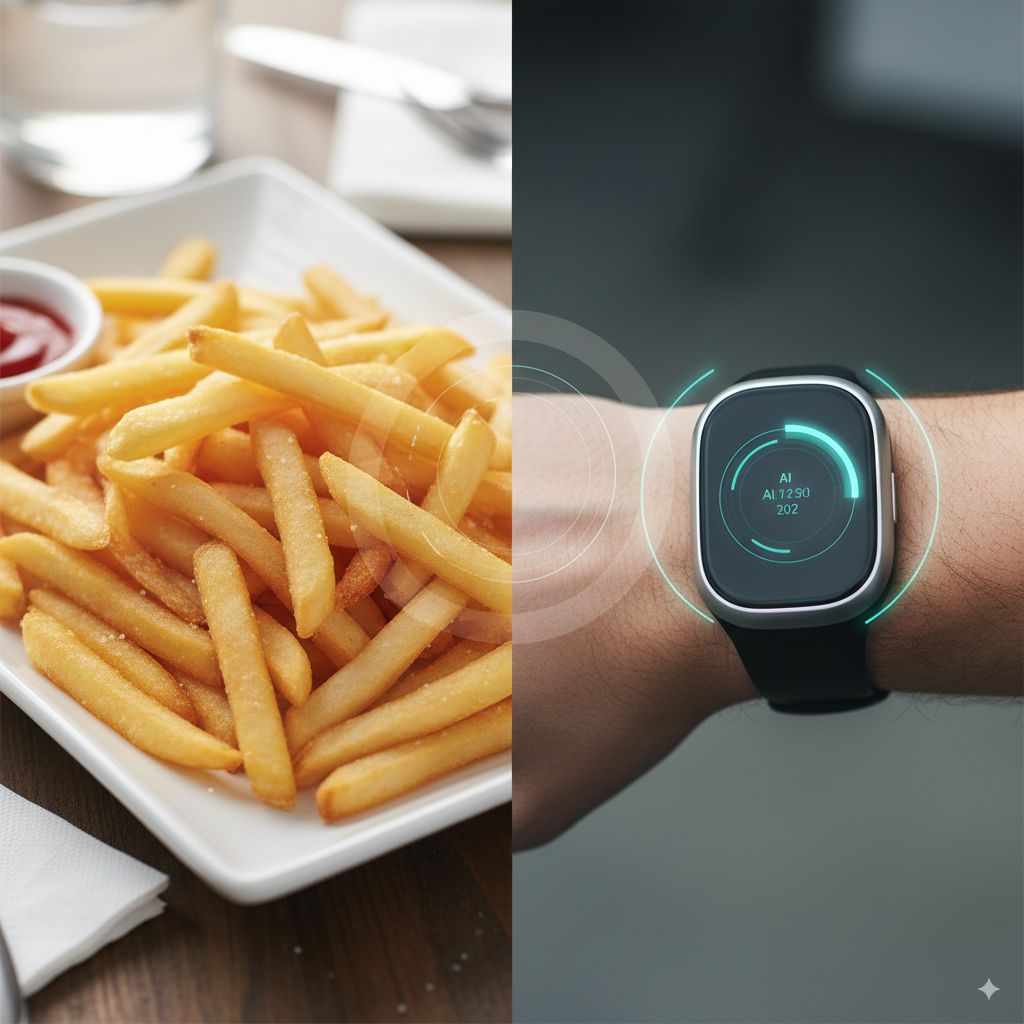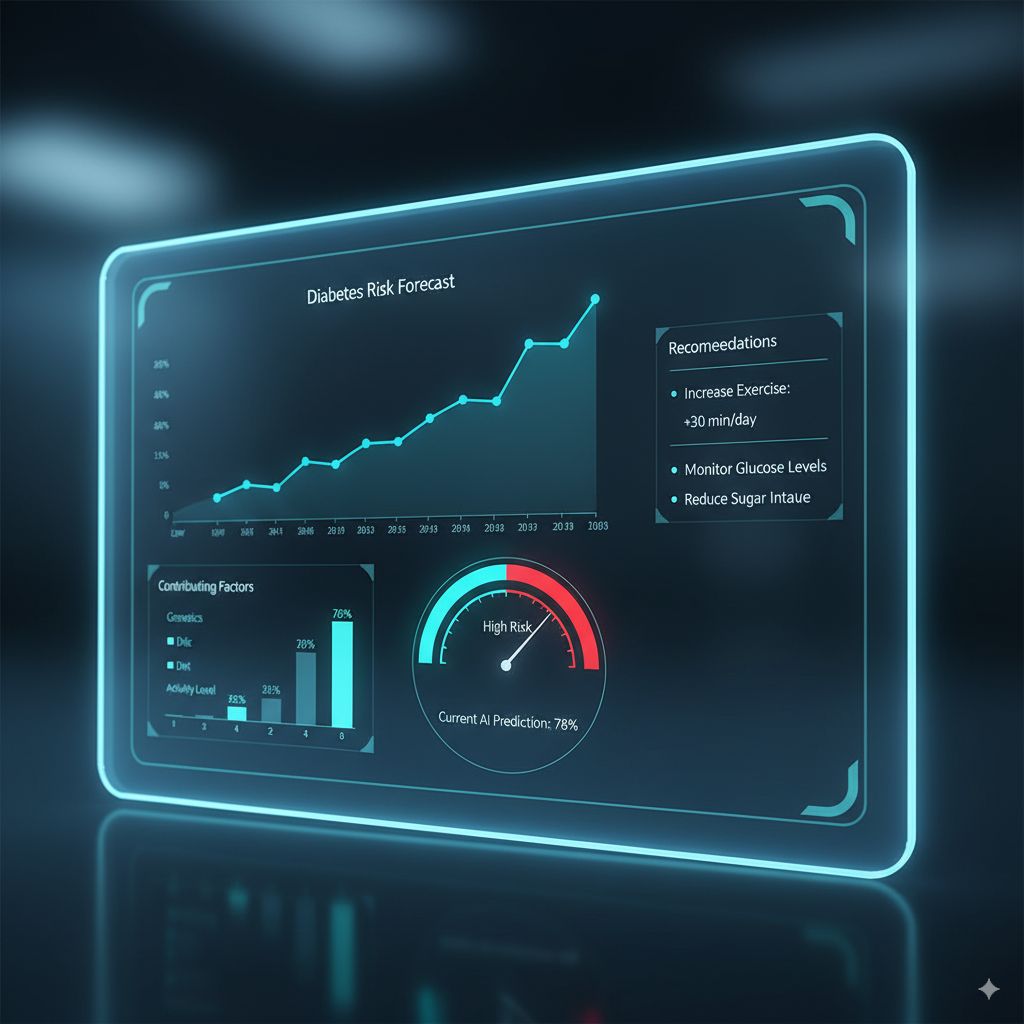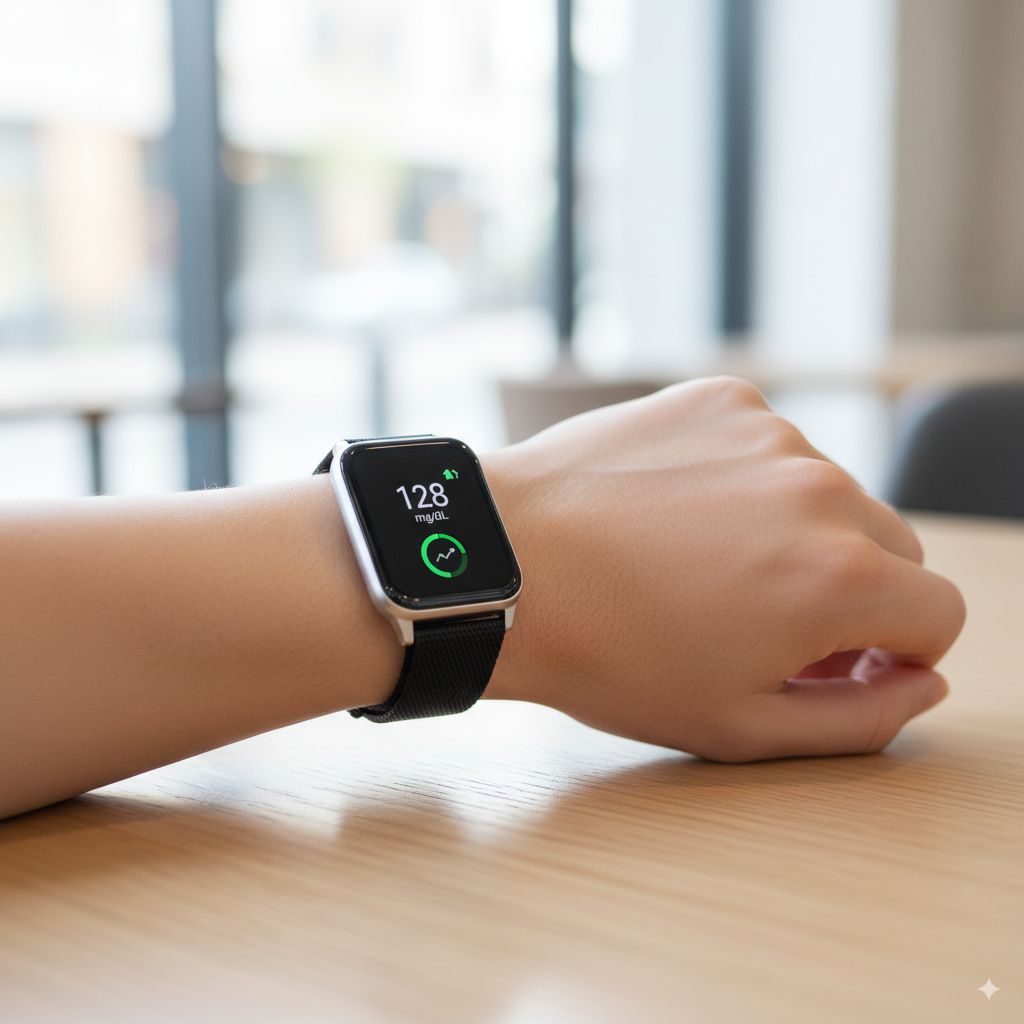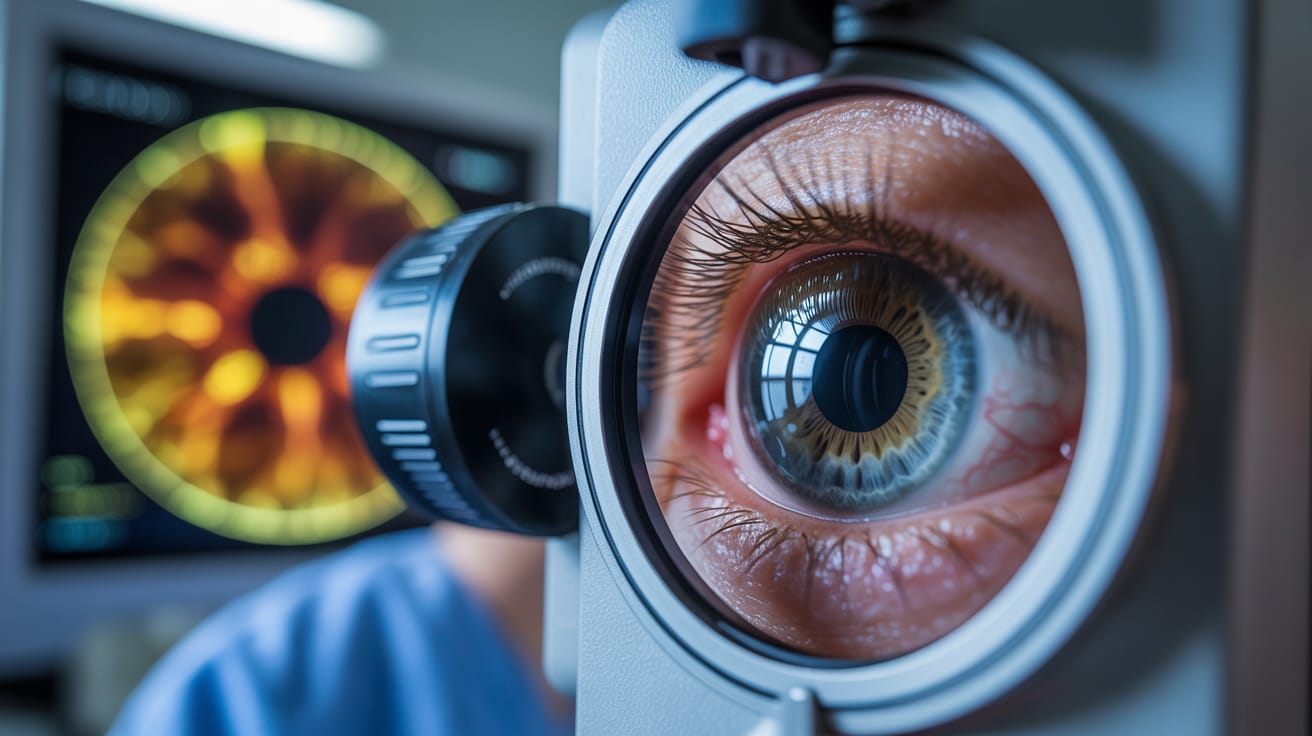- AIHealthTech Insider
- Posts
- 🥔 French Fries, Diabetes & AI - Special Report
🥔 French Fries, Diabetes & AI - Special Report
AI and food choices in diabetes prevention

AI HealthTech Insider - Special Issue

Image created with AI
✨ Hi Readers,Welcome to the first Special Edition of AI HealthTech Insider. We’re stepping outside our regular schedule to spotlight a major new finding: a Harvard study has linked frequent French fry consumption to a 20% higher risk of type 2 diabetes. With cases already on the rise, this edition connects the research to the latest AI breakthroughs in diabetes prevention and care. Here’s what the study says and how AI is stepping in to fight back. 👇 |  Image created with AI |
🍟 The Health Concern
A Harvard T.H. Chan School of Public Health study (BMJ, Aug 2025) analyzed three decades of data from 200,000+ participants.

Image created with AI
Key finding:
3+ servings of French fries weekly → 20% higher type 2 diabetes risk
Boiled, baked, or mashed potatoes → just 5% risk increase
Frying = harmful compounds + higher calorie density
The findings sparked debate online (health advocate Bryan Johnson even weighed in), while public health experts doubled down on moderation in fried food intake.
🤖 AI Innovations Tackling the Diabetes Crisis

Image created with AI
Sanofi + NorstellaLinQ , Researchers trained machine learning models on millions of medical records and lab results to predict type 1 diabetes up to a year before symptoms appear.
Sensitivity: 92% in adults, 80% in youth.
Built into EHRs to flag high-risk patients.
Creates time for lifestyle changes or early glucose monitoring.
Why it matters: Prevention only works if you know who’s at risk. This model puts warning lights on the dashboard long before the engine breaks down.

Image created with AI
Dr. Tracey McLaughlin & Michael Snyder’s team at Stanford tapped continuous glucose monitor (CGM) data and trained AI to identify three distinct drivers of type 2 diabetes:
Insulin resistance
Beta-cell dysfunction
Incretin deficiency
Accuracy reached 95% for insulin resistance, 89% for beta-cell dysfunction, showing AI’s edge in untangling complex biology.
Why it matters: Not all type 2 diabetes is the same. By pinpointing the root cause, doctors can stop guessing and start personalizing care.

Image created with AI
From KOS Argus’s optical glucose monitoring (91% accurate) to Teladoc’s remote care pilots, AI wearables are redefining how patients manage health daily:
Glucose, blood pressure, and heart rate tracked continuously.
Predictive alerts flag anomalies before they escalate.
Integrated with tele health platforms for seamless clinician support.
Why it matters: A fried-food-heavy meal doesn’t have to be a mystery anymore. Wearables give people instant feedback and the ability to course-correct habits in real time.

Image created with AI
A joint effort between the American Medical Association and DeepDR-LLM researchers has delivered AI-powered retinal imaging tools that spot diabetic retinopathy at 91–92% accuracy.
Cuts specialist referrals by up to 30%.
Portable, point-of-care devices make screenings possible in clinics and pharmacies.
Improves patient adherence by turning screenings into 5-minute checkups.
Why it matters: Diabetes is dangerous not only because of blood sugar, but because of silent complications like blindness. AI helps stop them before they start.
This is the first of our special mid-week editions. Expect these when major health news breaks and AI innovations can shed light on solutions.
Your Monday issues continue as usual. But when the story is too big to wait? You’ll hear from us here first.
Did you find today’s Special Edition useful?Your feedback helps us improve future issues. |
Stay healthy,
Team, AI HealthTech Insider